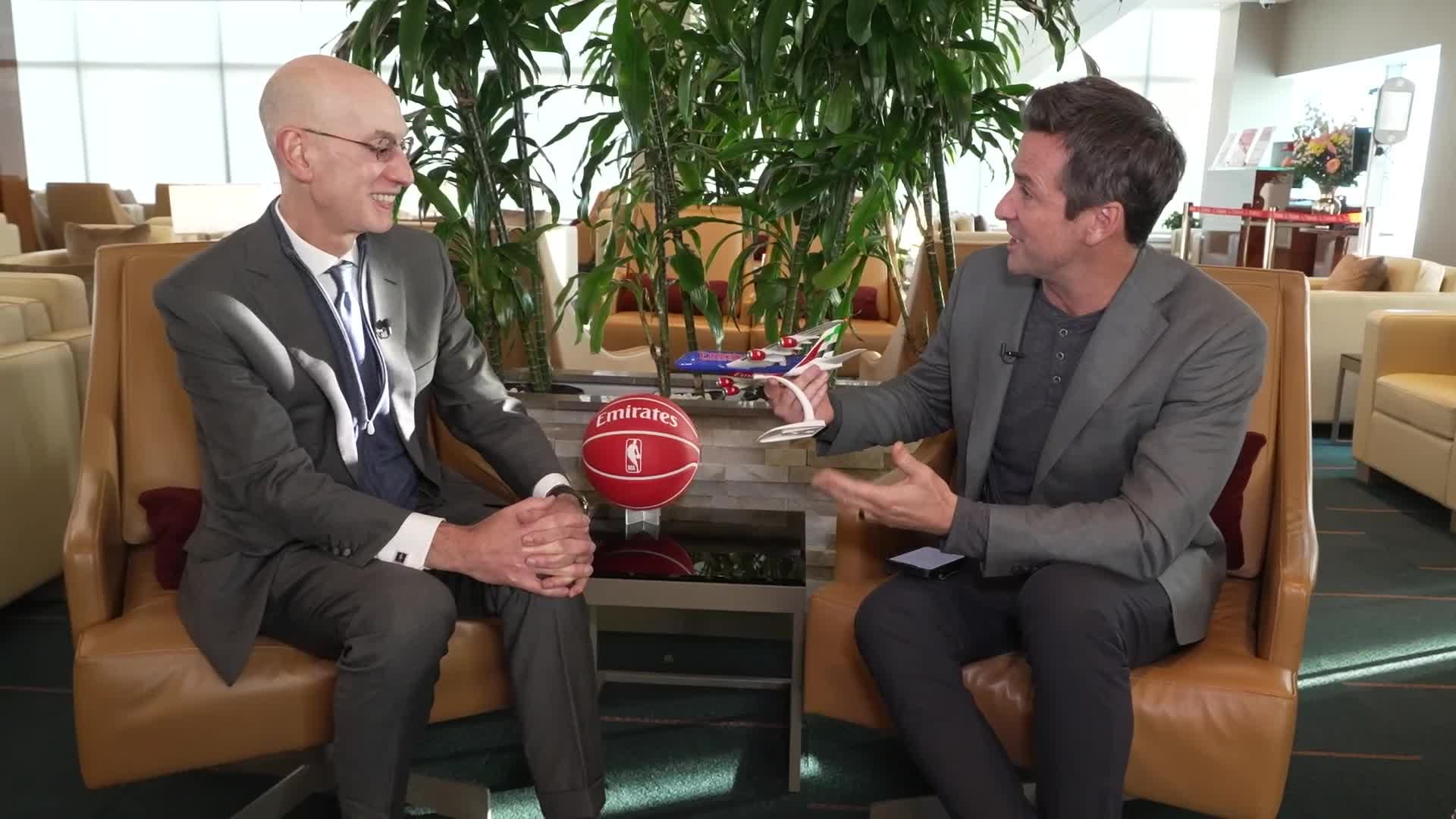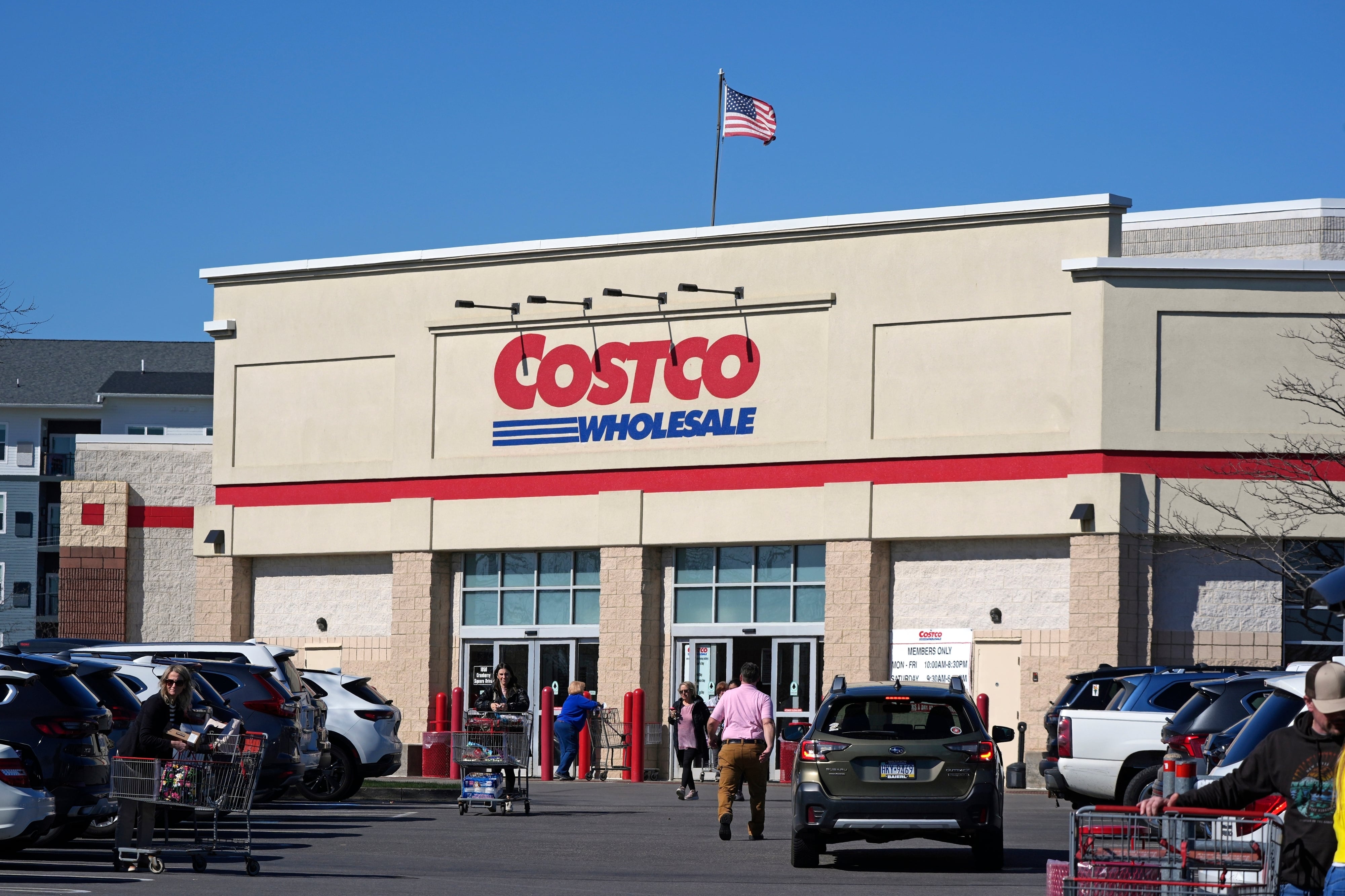By Tom Krisher
Union workers at Mack Trucks went on strike Monday after voting down a tentative five-year contract agreement that negotiators had reached with the company.
The United Auto Workers said 4,000 unionized workers walked out at 7 a.m., adding to labor turmoil in the industry that has ensnared all three big Detroit automakers.
With those workers joining picket lines, the total number of UAW members that are on strike now exceeds 30,000 across 22 states, the union said Monday.
Union President Shawn Fain said in a letter to Mack parent company Volvo Trucks that 73% of workers voted against the deal in results counted on Sunday.
The UAW represents Mack workers in Pennsylvania, Maryland and Florida. Union leaders had reached a tentative agreement on the deal on Oct. 1.
UAW Locals 171, 677, 1247, 2301, and 2420 in UAW Region 8 and Region 9 represent workers at Mack Trucks in Macungie and Middletown, Pennsylvania; Hagerstown and Baltimore, Maryland; and Jacksonville, Florida.
The deal negotiators had reached with Mack just over a week ago included a 19% pay raise over the life of the contract with 10% upon ratification. There also was a $3,500 ratification bonus, no increase in weekly health care contributions, increased annual lump sum payments for retirees and a $1,000 annual 401(k) lump sum to offset health care costs for employees who don’t get health insurance after retirement.
Fain said in his letter to Volvo Trucks' head of labor relations that employees working early Monday would exit the factories after performing tasks needed to prevent damage to company equipment.
Fain wrote that UAW members and workers across the country are seeking their fair share in wages and benefits.
The company and union are still apart on work schedules, health and safety, pensions, health care, prescription drug coverage, overtime and other issues, he wrote.
The contract may have been sunk by high expectations Fain has set in bargaining with Detroit’s three automakers. In those talks, the UAW has asked for 36% raises over four years, while Ford has offered 23% and the other two firms are at 20%.
“I’m inspired to see UAW members at Mack Trucks holding out for a better deal, and ready to stand up and walk off the job to win it,” Fain said in a prepared statement. “The members have the final say, and it’s their solidarity and organization that will win a fair contract at Mack.”
Mack Trucks President Stephen Roy said in a statement Sunday night that the company is “surprised and disappointed” that the union chose to strike. The union, he wrote, called the tentative agreement a record for the heavy truck industry. “We trust that other stakeholders also appreciate that our market, business and competitive set are very different from those of the passenger car makers,” the statement said.
Mack, he wrote, is part of the only heavy truck manufacturing group that assembles all of its vehicles and engines for North America in the U.S., competing against trucks built in lower-cost countries.
The company is committed to collective bargaining and is confident both sides will reach a deal that delivers competitive wages and benefits while safeguarding the company’s future, the statement said.
The UAW went on strike at selected factories run by automakers General Motors, Ford and Jeep maker Stellantis on Sept. 15. It started with one assembly plant for each company, then spread to 38 GM and Stellantis parts warehouses. Two additional assembly plants at Ford and GM were added later.
On Friday, the union decided not to expand the strikes to any more plants for the time being after GM agreed to bring its electric vehicle battery factories into the UAW’s national contract, assuring that they’ll be unionized. The union also reported progress with all three automakers.











